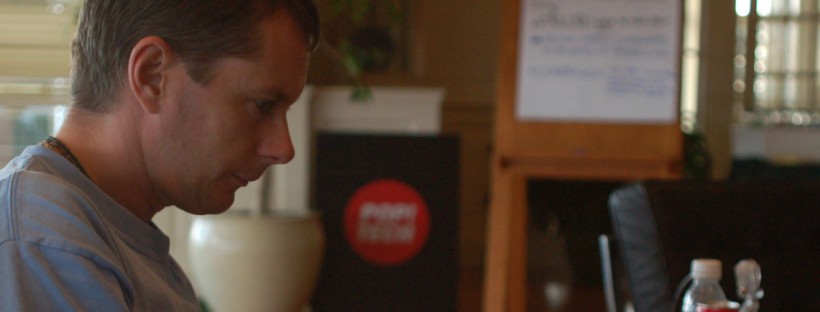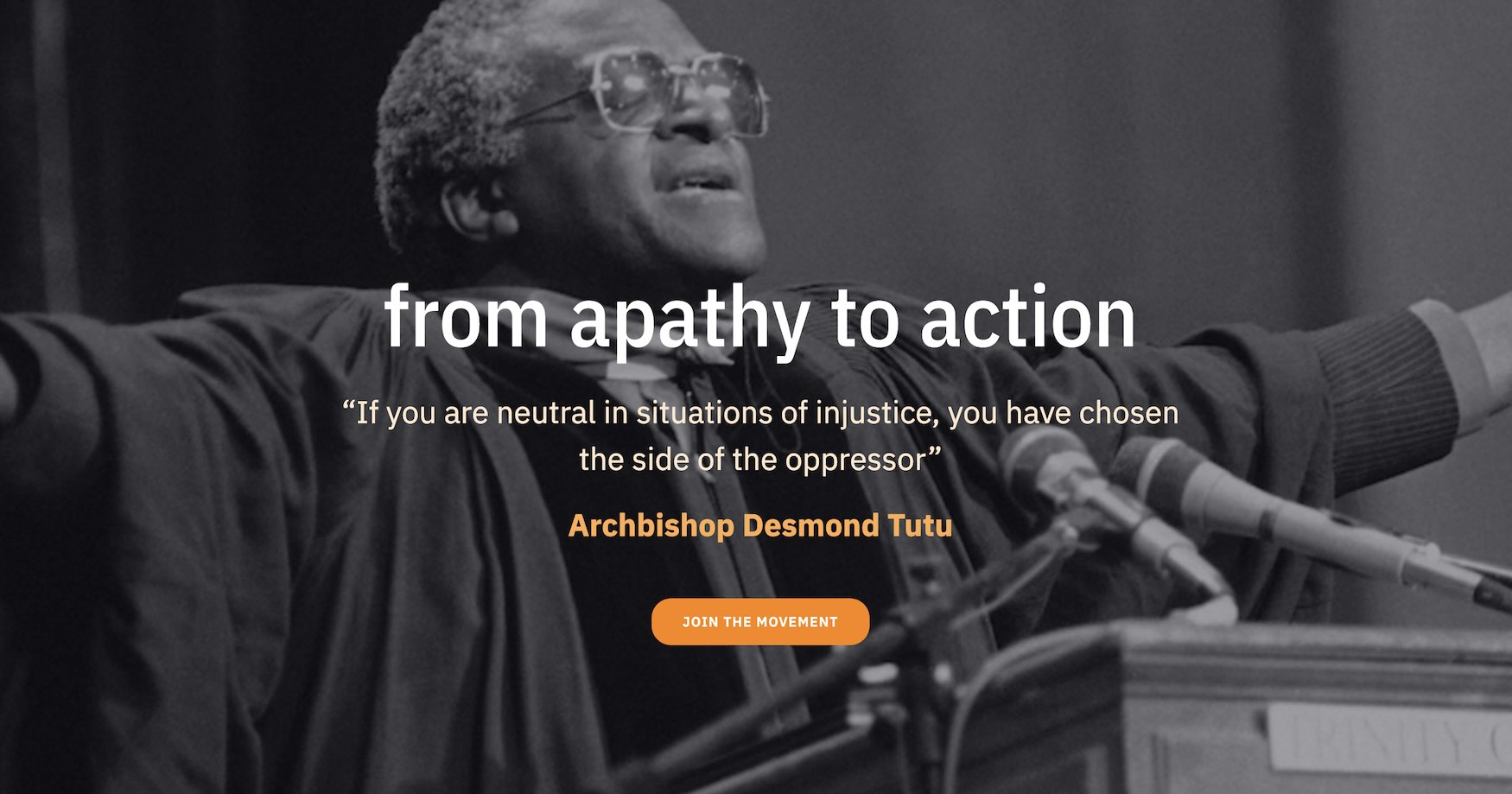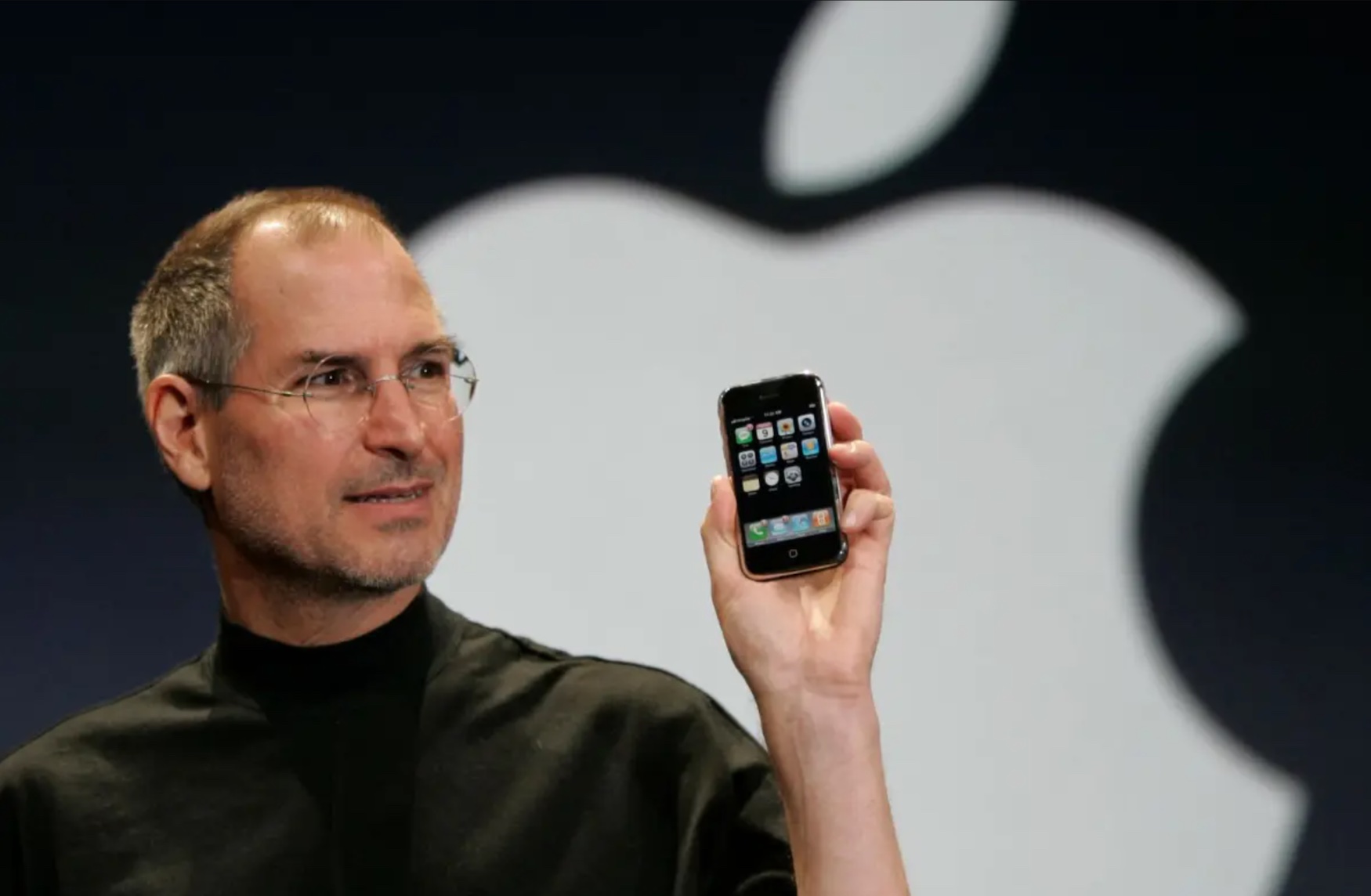Most of us have pondered the miracle of life at some time or another. It’s hard to get your head around, but Bill Bryson breaks things down in ‘A Short History of Nearly Everything‘ in the most incredible way. He writes:
To begin with, for you to be here now trillions of drifting atoms had to somehow assemble in an intricate and curiously obliging manner to create you. It’s an arrangement so specialised and particular that it has never been tried before and will only exist this once. For the next many years (we hope) these tiny particles will uncomplainingly engage in all the billions of deft, co-operative efforts necessary to keep you intact and let you experience the supremely agreeable but generally under appreciated state known as existence.
As if that weren’t enough, our home planet is equally as amazing. Earth isn’t even the tiniest speck of dust on the vastest of stages. In the grand scheme of things we’re irrelevant. The universe we can actually see (forget everything we can’t) stretches approximately 93 billion light-years across – a distance so incomprehensible that light, traveling at 186,000 miles per second, would take 93 billion years to cross it. And our galaxy is just one of an estimated two trillion galaxies scattered throughout space. We might feel like the centre of the universe, but we’re far from it.
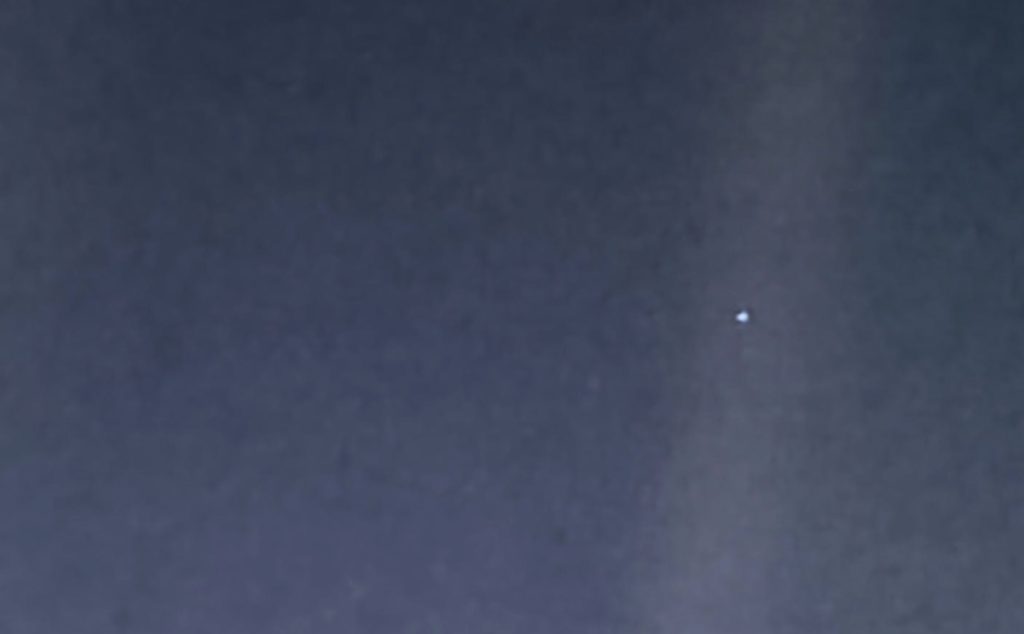
‘Pale Blue Dot’ is a photograph of Earth taken on February 14th, 1990 by NASA’s Voyager 1 spacecraft from a distance of about 3.7 billion miles (6 billion kilometres) away. In the image, Earth appears as a tiny, almost imperceptible blue speck suspended in a band of scattered sunlight, highlighting the planet’s fragility and smallness in the immensity of space. It sure is lonely out there.
We haven’t even touched on the sun, an ‘average’ star among roughly 400 billion other stars in our galaxy. But get this. Earth orbits it at a distance of 93 million miles, a position so precisely calibrated that scientists call it the ‘Goldilocks Zone’. Too close and we’d be scorched like Venus (which has surface temperatures reaching 900 degrees Fahrenheit). Too far, and we’d freeze like Mars, where water exists only as ice. This delicate positioning represents one of countless astronomical miracles that make life on Earth possible.
Sometimes it all feels so unreal, it’s tempting to think it’s not real at all. Are we really here?
The conditions required for life as we know it are also staggeringly specific. Earth’s atmosphere contains exactly the right mixture of gases – 78% nitrogen and 21% oxygen – while its magnetic field deflects lethal cosmic radiation that would otherwise sterilise us and everything else alive. Our unusually large moon stabilises our rotation, preventing catastrophic climate swings that would make complex life impossible. Even our location within the Milky Way is fortuitous. We’re far enough from the chaotic galactic centre to avoid being bombarded by radiation, yet close enough to benefit from the heavy elements created by all those exploding stars. We literally wouldn’t be here without them.
Indeed, this is perhaps the most staggering thing of all. The carbon in our muscles, the iron in our blood and the calcium in our bones were all forged in the nuclear furnaces of ancient stars that lived, burned and died billions of years ago. When these massive stars exploded as supernovas, they scattered precious elements across space, eventually coalescing into new star systems, planets and, ultimately, us. This is precisely the miracle that Bill Bryson was getting at earlier.
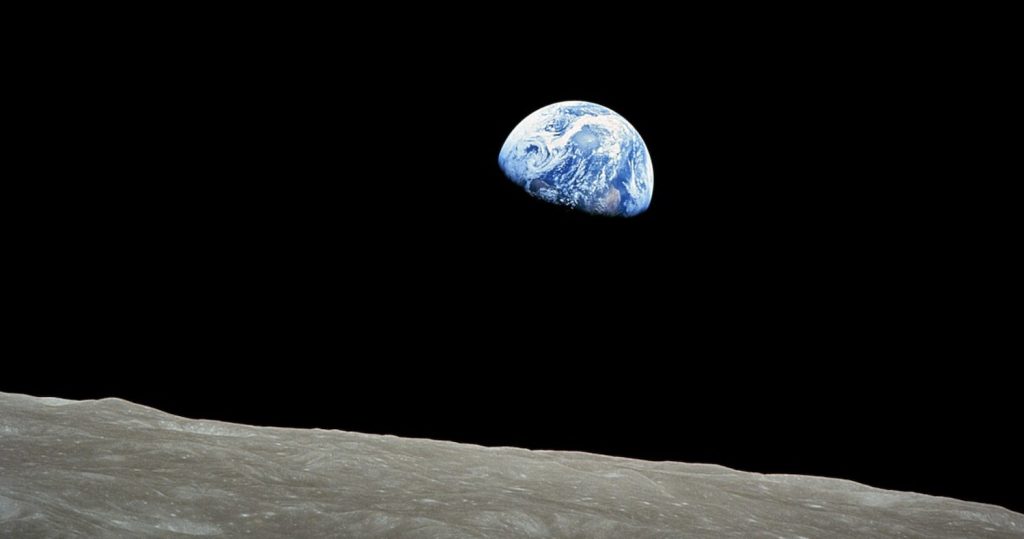
‘Earth Rise’, an image captured by Apollo 8 astronaut William Anders in 1968, shows our planet rising above the lunar horizon, a powerful reminder of Earth’s beauty and fragility.
As far as we know we’re alone out there, a singular miracle not repeated any time over tens of billions of years in the vastness of space. And this is what really gets me. We just don’t know how lucky we are. Everything is a miracle. Earth is the greatest cosmic gift of all.
So why is humanity so hell bent on throwing it all away?
We’ve transformed our pale blue dot into a battlefield of endless conflicts where nations wage war over neighbours divided by invisible lines on a map, all while the very miracles that sustain life collapse around us. Our species, gifted with unprecedented intelligence and technology, chooses to poison the air we breathe, acidify the oceans that regulate our climate and drive countless other species into extinction.
Perhaps, more tragically, we’ve allowed greed and short-term thinking to override the long-term survival of us and and our miracle planet. While we possess the knowledge and capability to live happily and sustainably as one species, instead we continue strip-mining our finite resources, pumping greenhouse gases into the atmosphere and treating Earth as if we have somewhere else to go. We’ve turned our miraculous home into a dumping ground for plastic waste, chemical pollutants and nuclear materials that will outlast entire civilisations.
This conscious self-destruction represents the ultimate cosmic irony. The most complex known creation in the universe – human consciousness – actively working to destroy the very conditions that allowed it to emerge.
I think about this a lot. And whether there’s really anything I can do to stop it.

